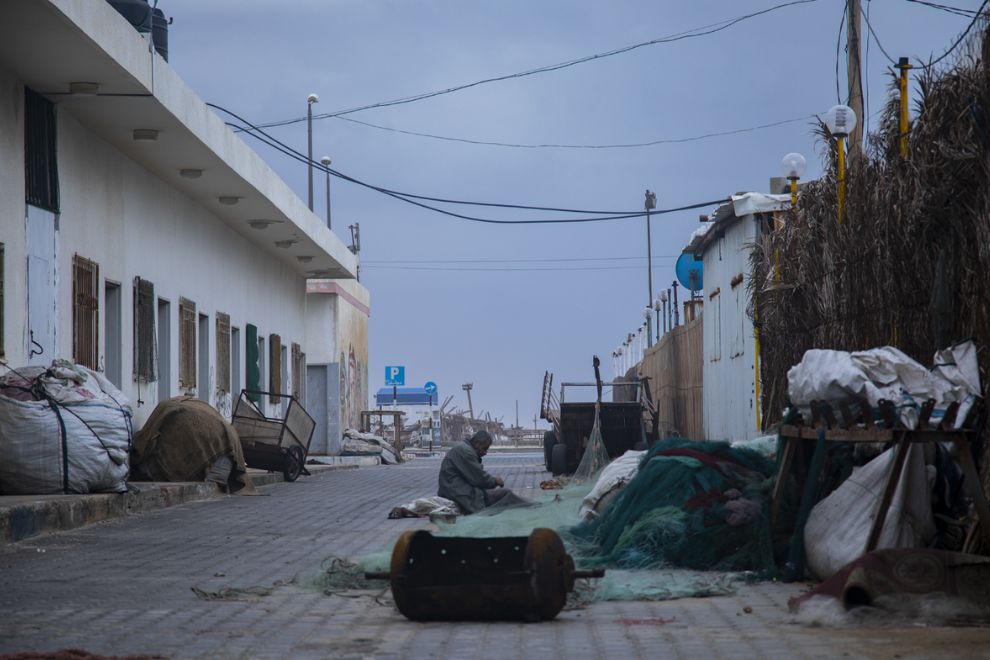The Gaza Strip, a small region along the Mediterranean coast, has long been a focal point of international attention due to the ongoing conflict between Israelis and Palestinians. The persistent strife in Gaza is not just a regional issue but one that has profound global implications.
To understand why Gaza remains a hotbed of conflict and why it garners so much attention, it’s essential to delve into the historical, political, and humanitarian aspects of this complex situation.
Historical Context
The roots of the Gaza conflict lie in the broader Israeli-Palestinian struggle, which dates back to the early 20th century. The end of the Ottoman Empire and the subsequent British mandate over Palestine set the stage for competing national aspirations. The establishment of the State of Israel in 1948, following the UN partition plan, led to the first Arab-Israeli war.
Hundreds of thousands of Palestinians were displaced, leading to a refugee crisis that persists to this day. Gaza became a refuge for many of these displaced Palestinians, further complicating its demographics and political landscape.
Political Landscape
Gaza’s political environment is dominated by the Palestinian organization Hamas, which took control of the Strip in 2007 after winning legislative elections in 2006 and subsequently clashing with the rival Fatah faction. Hamas’s control has led to a strict Israeli and Egyptian blockade, aimed at limiting the flow of weapons but also restricting the movement of people and goods. This blockade has been a significant point of contention, with critics arguing it creates a humanitarian disaster while proponents claim it is necessary for security.
The Blockade and Its Effects
The blockade has had devastating effects on Gaza’s economy and infrastructure. The territory faces severe shortages of essentials such as clean water, electricity, and medical supplies. The unemployment rate is one of the highest in the world, especially among the youth. These dire conditions have fueled resentment and anger, both within Gaza and internationally, leading to numerous calls for the lifting of the blockade and a humanitarian intervention.
Cycles of Violence
The Gaza Strip has seen multiple rounds of violence over the past decades, with major conflicts occurring in 2008-2009, 2012, 2014, and most recently in 2021. These conflicts typically involve rocket fire from Gaza into Israel and retaliatory airstrikes by the Israeli military. Civilian casualties on both sides, particularly in Gaza, where population density is high, exacerbate the humanitarian crisis and fuel international condemnation and calls for peace.
International Involvement
The international community is deeply divided over the Gaza conflict. Many Western nations, including the United States, traditionally support Israel’s right to self-defense while also calling for humanitarian aid to Gaza. Conversely, many countries in the Middle East and beyond are strong advocates for Palestinian rights and call for an end to Israeli occupation and blockade. This polarization reflects the broader geopolitical dynamics and influences the peace process’s complexity and stagnation.
Humanitarian Crisis
The humanitarian situation in Gaza is dire. The United Nations and various human rights organizations have repeatedly highlighted the severe living conditions in the Strip. The lack of clean water, insufficient medical facilities, and deteriorating infrastructure have created what many describe as an “open-air prison.” These conditions are a significant driver of international sympathy and support for the Palestinian cause, especially among young people and activists worldwide.
The Path to Peace
Efforts to resolve the conflict have been ongoing for decades, with numerous peace initiatives and negotiations failing to produce a lasting solution. The two-state solution, which envisions an independent Palestinian state alongside Israel, remains a widely supported but elusive goal. The internal divisions among Palestinians, the expansion of Israeli settlements in the West Bank, and the security concerns of Israel all contribute to the complexity of achieving peace.
Why Does Gaza Matter?
The Gaza conflict is not just a regional issue but a microcosm of broader themes such as national identity, human rights, and international law. It resonates globally because it encapsulates the struggle for self-determination and the quest for justice against a backdrop of enduring hardship. For many, Gaza represents a humanitarian crisis that demands urgent attention, while for others, it is a symbol of resistance and resilience.
Gaza’s significance lies in its historical context, political struggles, humanitarian plight, and the broader implications for international peace and justice. Understanding the conflict requires a nuanced appreciation of these interwoven factors and a commitment to seeking a just and lasting resolution for all parties involved.






